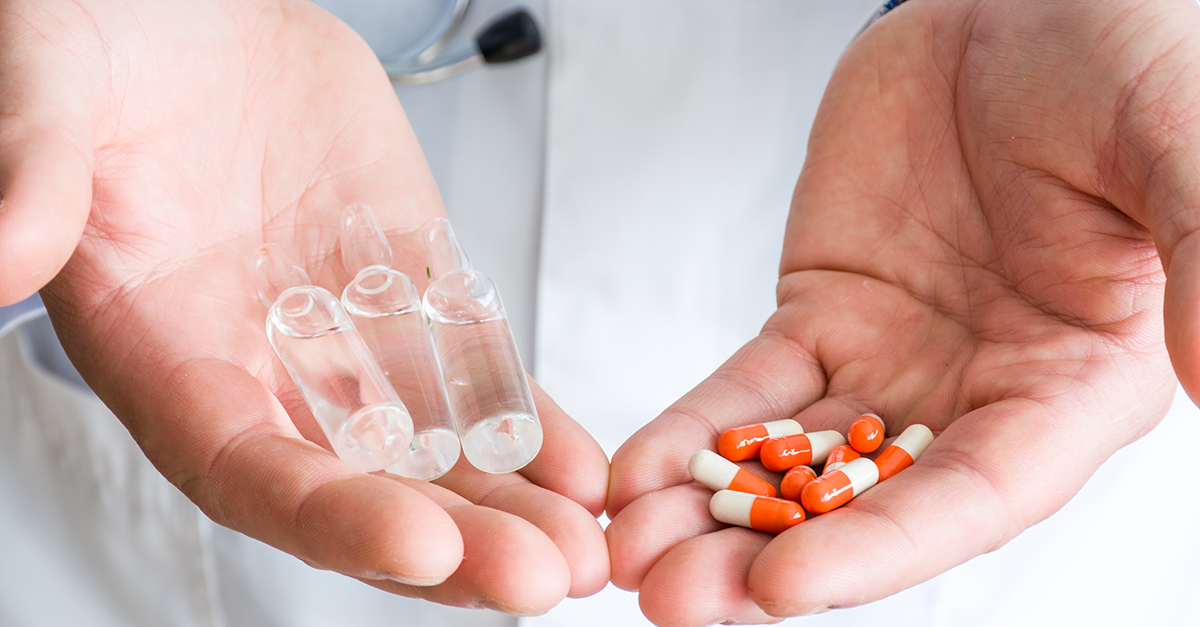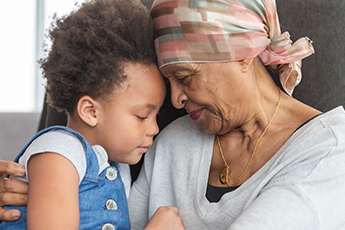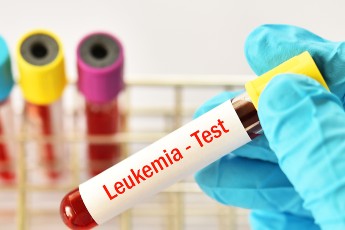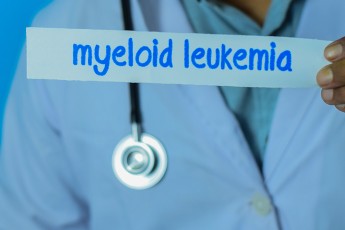How is acute myeloid leukemia treated?

Acute myeloid leukemia (AML) tends to progress quickly and spread to other parts of the body. For that reason, your doctor will want to start treatment as soon as possible. The best treatment for AML depends on the subtype you have.

What are the treatment phases for acute myeloid leukemia?
There are two phases to AML treatment plans:
Remission induction therapy: This first treatment step kills cancer cells in the blood and bone marrow. The goal is to put cancer into remission. During remission, you don’t have symptoms or signs of the disease. However, you could still have cancer cells.
Post-remission therapy: This second phase destroys remaining inactive cancer cells before they can become active again. The goal is to prevent cancer from coming back (relapse). This phase is sometimes called remission continuation therapy.
What are the types of acute myeloid leukemia treatments?
Your hematologist, or blood cancer specialist, selects the most effective therapy based on your specific AML subtype. Your doctor determines the cancer subtype during AML diagnosis. AML treatments include:
chemotherapy
radiation therapy
treatment trials
Chemotherapy
Chemotherapy (“chemo”) is the most common treatment for most types of AML. Chemotherapy is a systemic therapy that circulates in blood throughout the body. These drugs slow or stop cancer cells from dividing and multiplying.
You may receive a combination of chemotherapy medications in pill form or through an injection or intravenous (IV) line. Less commonly, your doctor may use intrathecal chemotherapy. This type of chemotherapy delivers medication directly where it’s most needed, such as into spinal fluid, an organ, or a body cavity like the abdomen.
Radiation therapy
Radiation therapy delivers high-energy X-rays or another radiation source to cancer cells. Cell damage from radiation exposure stops cancer cells from multiplying.
Treatment trials
Targeted therapies are treatments that target and attack select parts of cancer cells that promote cancer growth. Some targeted therapies are drugs that interfere with proteins that cancer cells need to survive. Others are laboratory-made antibodies that attach to cancer cells to block their growth and stop cancer spread. These treatments are in trial, and your doctor can discuss whether it would be an appropriate opportunity for you to try.
From the community: “I had AML, diagnosed... Had induction chemo (to "induce" remission), then three rounds of consolidation chemo (to "consolidate" the remission). Then had a bone marrow transplant... A bumpy road, but I am still here.” - Inspire member
Sources
Acute Myeloid Leukemia (AML) in Adults. American Cancer Society.
Risk Factors for Acute Myeloid Leukemia (AML). American Cancer Society. August 2018.
Acute Myeloid Leukemia. Leukemia and Lymphoma Society.
Adult Acute Myeloid Leukemia Treatment (PDQ®)–Patient Version. National Cancer Institute. March 2020.
Disclaimer
Member comments are lightly edited for length and to remove identifying information but are otherwise reproduced as they appear in the community as part of public posts.
This content is for general informational purposes only and does not necessarily reflect the views and opinions of any organization or individual. The content should not be used as a substitute for professional medical advice, diagnosis, or treatment. Please consult your healthcare provider about any questions you may have regarding a medical condition.




